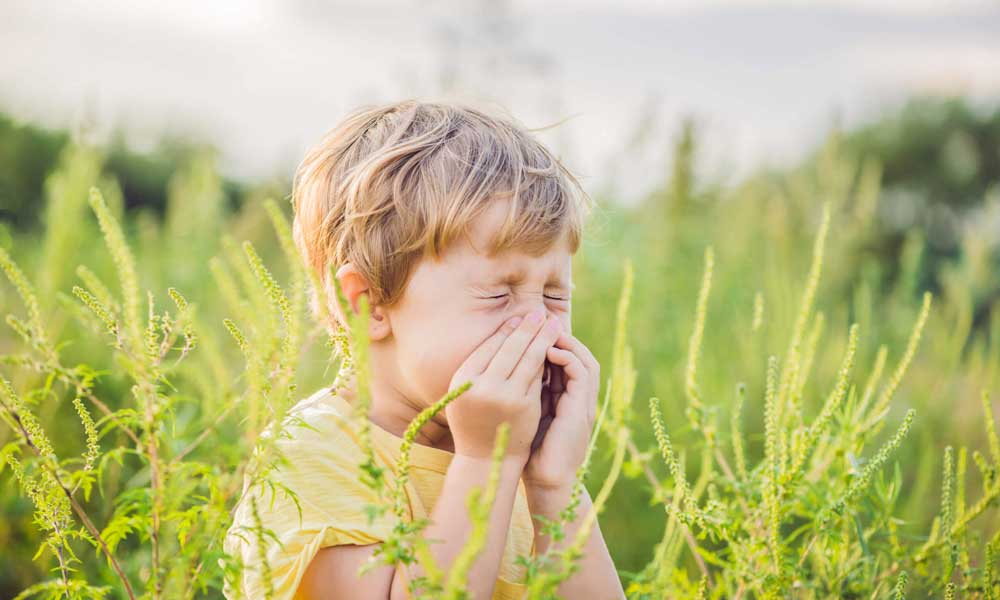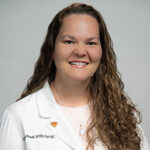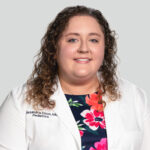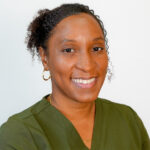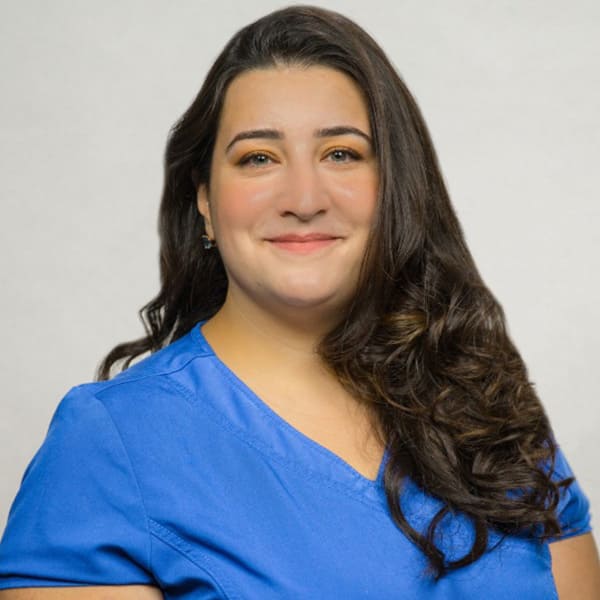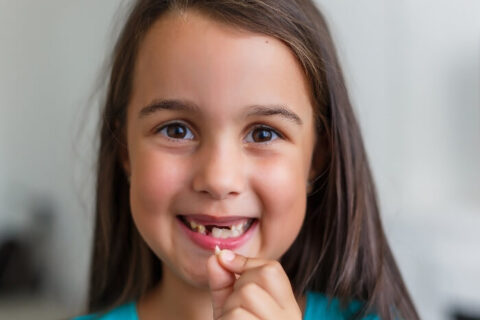3 Tips to Help Kids With Allergies
Florida is known as the sunshine state. Many children enjoy going to beaches, Disney World or simply playing in a park with their families. Unfortunately, those with allergies have difficulty dealing with their symptoms throughout the year. The following tips may help you deal with seasonal allergies in kids so they can love being outside again.
1. Know the Allergies in Florida
Florida doesn’t have the cold winters and dry summers that many other states do, so flowers and trees stay in bloom and release pollen longer. Hence, children with allergies in Florida react more strongly and for a longer time. It’s difficult for them to reap the benefits of nature when they get triggered throughout the year. Here are when the most common allergens occur:
- Oak and pine: October through May
- Grass pollen: April through October
- Ragweed and dog fennel: May through December
- Sorrel and dock: March through July
2. Safely Treat Kids at Home
Children and other family members track allergens indoors. You can help them avoid indoor allergen triggers with the following tips:[2]
- Use a HEPA air purifier-dehumidifier combo unit.
- Keep car and home windows closed.
- Keep jackets and shoes away from the main living areas.
- Regularly clean your home and wash bedsheets and clothes.
- Bathe kids and change their clothes after they come in from being outside.
There are also important dos and don’ts for treating kids. If your child is old enough to use antihistamines, decongestants, and nasal sprays, use these, especially before going outside. You may also try different OTC allergy medications. Finding the best allergy medicine for kids is a matter of choosing between tablet vs. syrup and finding relief in a non-drowsy formula. Please consult your BHA pharmacy staff if you have questions about OTC allergy medications for your child.
As tempting as they may sound, do not use natural remedies for allergies in toddlers.[4] Using natural remedies, like honey, can be dangerous for toddlers, especially if you are using it because traditional medicine didn’t work.
3. Get Medical Advice
If over-the-counter medicines do not work well or cause side effects for your child, it’s time to contact a specialist known as an allergist. Prescription medicines have higher-strength formulas than over-the-counter ones. They are especially important for persistent, severe, or life-threatening allergies.
At Brevard Health Alliance, we care about children being able to enjoy their childhood. If you need to know how to help a child with seasonal allergies, contact us today.
References:
[1] https://www.pollen.com/map/fl
[2] https://www.mayoclinic.org/diseases-conditions/allergies/in-depth/allergy/art-20049365
[3] https://www.medconsumers.com/best-allergy-medicine-for-kids/
[4] https://www.webmd.com/allergies/tame-child-allergies-19/treatments-child-allergy
